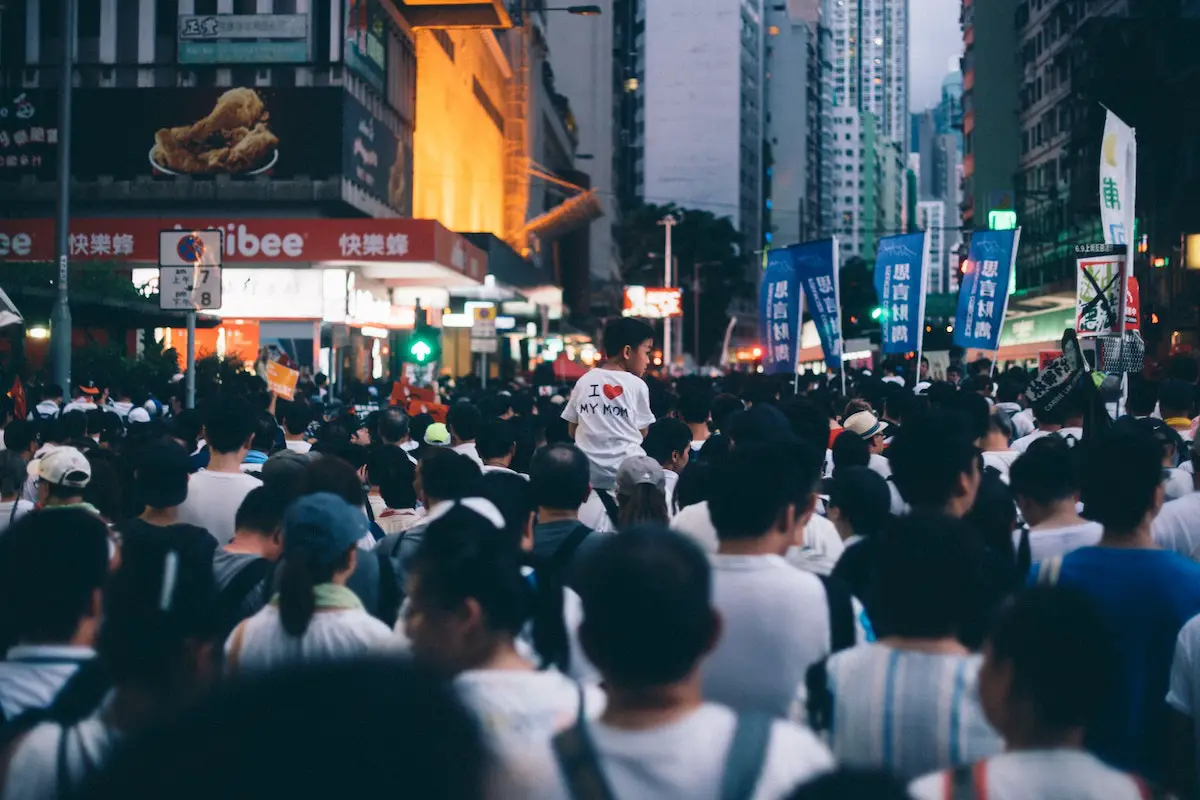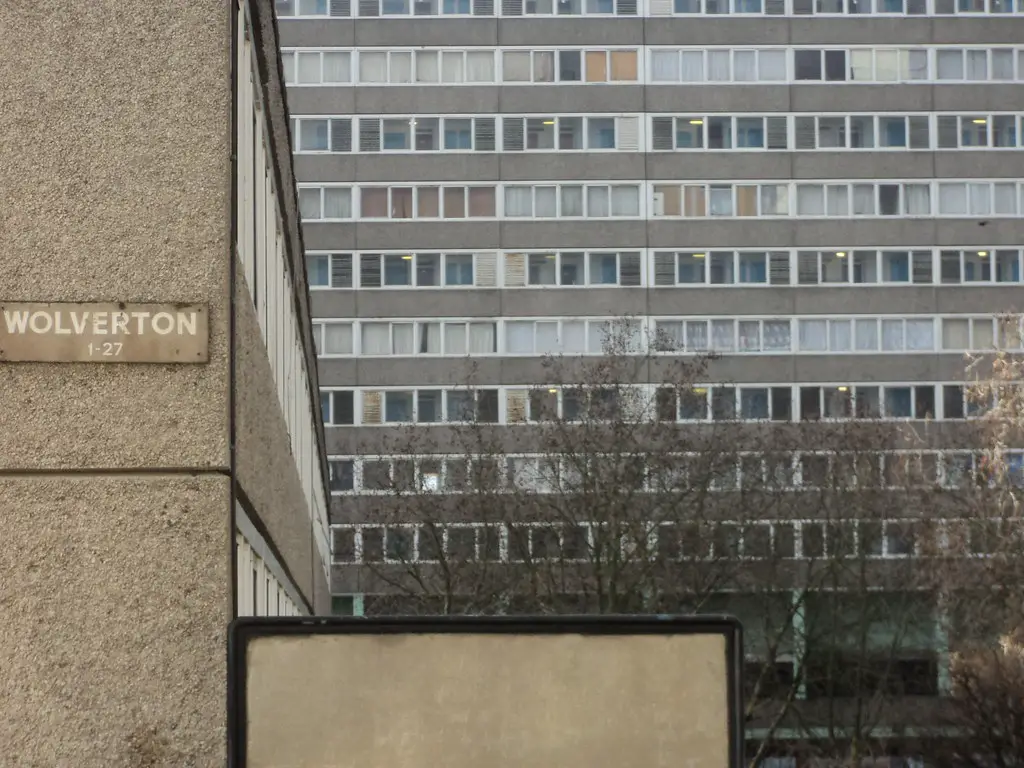Are pervasive digital devices and open data changing the way we interact with the city? Will access to data speed up the divide between affluent and poorer areas? Are we becoming ‘data dandies’- wrapped in the finest facts and the most senseless gadgets? Is open access to data creating a ‘Sim City’, or a ‘Sin City’? These were the questions asked yesterday at ‘Data City: Doom or Boom?’ – a debate organised by the Royal Institute of British Architects.
The event was hosted by Apple in their Regent Street store, a venue which Wired’s Ben Hammersley called ‘the temple of pervasive devices’, and unsurprisingly featured many references to Apple products throughout as speakers debated the pros and cons of our digital interactions with the city.
Usman Haque – founder of pachube.com – started by discounting the subject of the debate altogether, saying ‘cities are processes, things we build everyday’, suggesting no amount of data can reduce the power human beings have in shaping cities. Instead, Haque chose to focus on data as a unique opportunity for society. Calling it an opportunity for increased accountability and equality between individuals and corporations, Haque ended by telling the audience we should be asking ‘how do we want things to change’ not ‘how are things going to change?’
Haque was followed by Susannah Hagan, Head of Research into Environmental Design (RED), who began by mentioning how hard it was to speak against the subject considering the location of the event. Despite this, Hagan went on to call digital devices a form of escapism from reality, asking what is it about the traditional city we are trying to avoid by using these devices?
The environmental impact of technology was also raised as an issue, saying that the resources involved in production and energy required to maintain them meant that our iPhones, Laptops and other computing devices were bellowing invisible black smoke before our eyes.
Architect, medical Doctor and Sci-Fi Author Rachel Armstrong took an entirely different approach to the subject, and one which was full of positivity. Calling this so-called data revolution ‘nothing new’, Armstrong suggested that cities have been generating a wealth of data for centuries through the biology of our bodies and the environment we live in. Seeing technological development as an opportunity to access biological data, Armstrong expressed an excitement over the potential ‘singularity’ this might bring – a point where biological and digital are fully connected and can be manipulated in unison.
Juliet Davis, from the Cities Programme at the London School of Economics, asked whether these data-generating devices were undermining a commitment to place and locality. Whilst this is an often cited concern regarding technology, Davis went one step further by suggesting that these technologies might bring about the end of traditional European cities as we know them. She expressed her desire for technology to be something that ‘connects us digitally, but also keeps us grounded in reality’ and ended by rhetorically asking us if we were at that point already.
Many questions were raised after the speakers had made their points, with a range of answers that suggested a more varied set of opinions than the initial debate had inferred.
Haque called the act of collecting to data more valuable than the data itself, as it increases the connection between people and place. He went on to say that data has not yet reached its peak, envisaging ‘a city so wonderfully overlayed with data you’d want to visit it especially’.
Armstrong imagined a ‘smart’ future for buildings, coated in intelligent skins that respond in an almost biological manner to their environment. She also discounted claims that London could never be a true data city, saying the history and biological content of the city already represented more data than many of the world’s ‘new’ cities were generating.
Hagan reinforced her earlier statement by calling digital devices a call for anonymity. Saying that whilst the city alone could once bring a significant level of anonymity, this was no longer enough and people are therefore turning to their smartphones.
When considering the future progress of technology within the city’s boundaries, Davis suggested it was almost impossible to predict, citing continued uncertainty over the state of the global economy as a barrier for continued development.
Whilst a range of opinions were expressed throughout the debate, all speakers seemed to agree with Hagan’s closing statement:
If we really are living in a data city, it’s up to us to edit this data and govern the flow. Data is always being manipulated and we have to be aware of that. But if we can all learn to interpret and judge it, that counters the risk.
Photo: Matthew Henry



